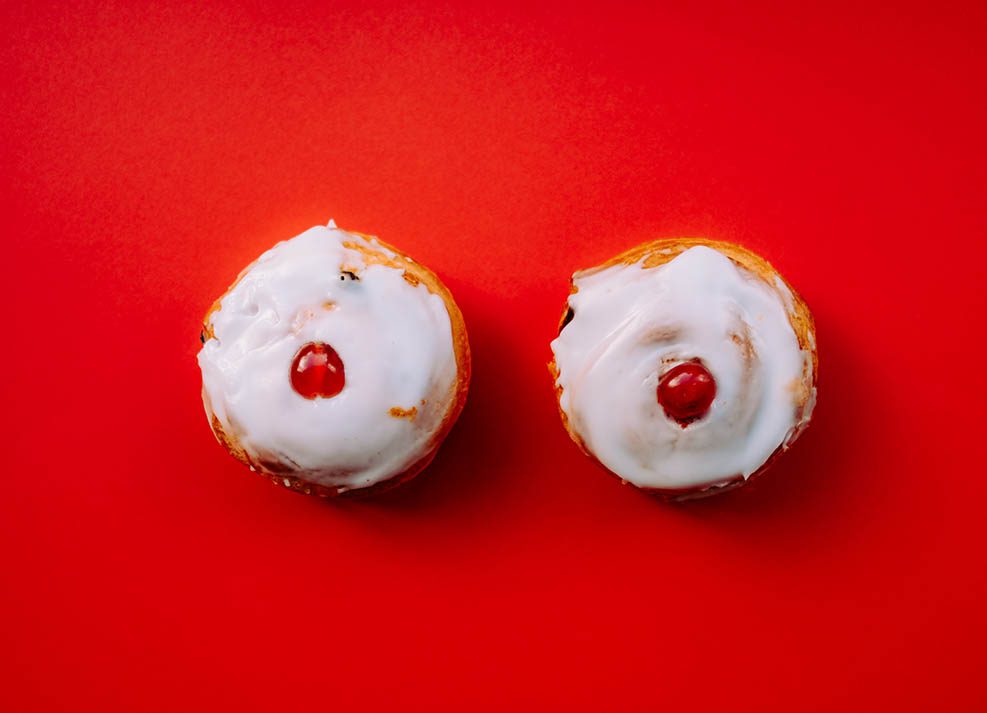If you think your breasts look and feel a little differently now that you’re in menopause, you’re not imagining it! Even if you’re approaching menopause, breast changes can happen during this time as well.
Breast Pain
Breast pain is surprising common during menopause, as is nipple tenderness. As you approach menopause (peri-menopause) your estrogen can first peak before it falls. So this hormone can actually increase dramatically very quickly and this sudden up and down can cause very tender nipples.
Another uncomfortable issue associated with the breasts is itchiness. This can be due to the thinning of the skin but sometimes it’s aggravated by the materials we wear or the laundry detergent we use. Natural breathable materials are better than artificial, man-made fibres.
As well as this, wearing the wrong bra size can affect the circulation in the breast and cause discomfort as well as itchiness.
Breast Size Changes
Oddly, some women will notice shrinking breasts, but some will actually find they start to get bigger. For women with particularly large breasts, to begin with, an increase in size could cause discomfort and add to shoulder or neck pain. It could even extend to back pain if the breast tissue grows substantially. Getting a properly fitted supportive bra will help with this.
Shrinking breasts, on the other hand, can happen along with sagging. Something we all dread.
Unfortunately, estrogen is the one to blame for this. This reduced hormone during menopause affects the strength of the breast tissue cause it to become less firm.
Lumpy Breasts
If you notice lumps on the breast you should always go and get them checked out. Some women find that the changing structure of their breasts as they approach menopause can cause lumpy breasts. Sometimes the breasts can even shrink and this just means you notice lumps more that were perhaps there already. Still, you should never assume a lump is harmless and get it checked out just in case.
What Can You Do For Your Breasts?
Staying hydrated is the first thing you can do for yourself. This will give you benefits that stretch far beyond breast health of course. Dehydration can cause breast swelling because your breast tissue attempts to save water reserves. It’s probably surprising to learn that during menopause you should be drinking around 10 glasses of water a day.
Chest exercises can relieve pain and strengthen chest muscles which could help. Back strengthening exercises will also give you extra support. Simply doing some press-ups at home is all you need to get started with some simple chest exercises. Regular exercise, in general, is highly recommended during menopause and also helps reduce other symptoms such as hot flushes and anxiety.
If you have any concerns at all regarding your breasts, particularly with lumps and pain you should book in with your GP to check your concerns.

